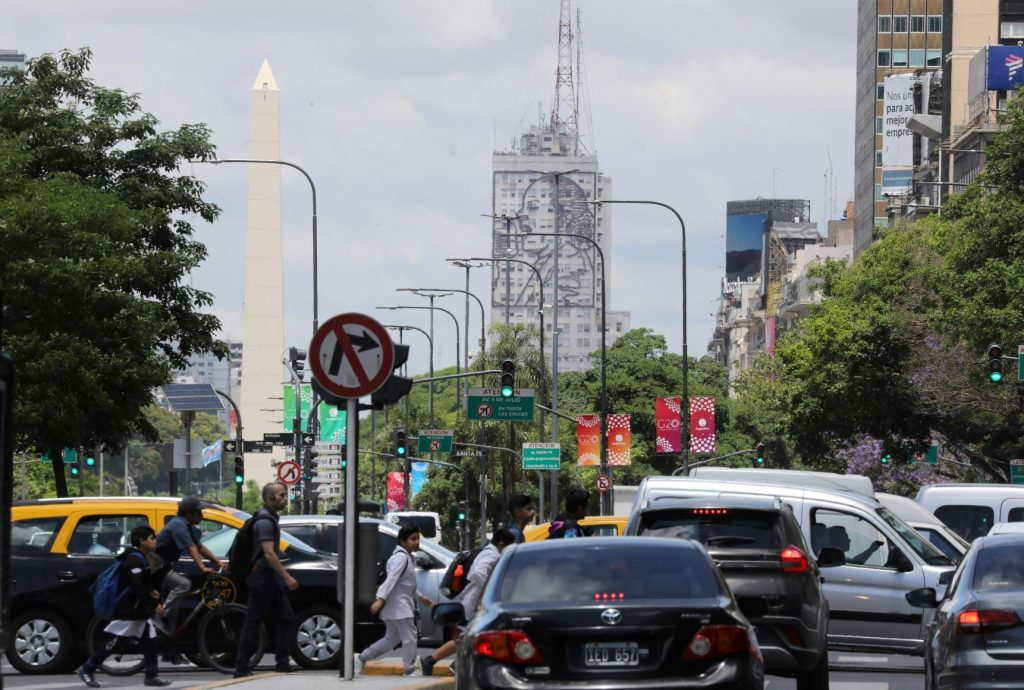São Paulo – The Organisation for Economic Co-operation and Development (OECD) reported this Wednesday (28) that G20 international merchandise trade registered a weak growth in Q3 2018. According to the organization, the bloc’s exports rose only 0.3%, with imports up 0.7%, after a slight drop in Q2.
The data was released on the eve of the G20 summit, to be held in Buenos Aires (picture above), Argentina, on Friday (30) and Saturday (01). The bloc includes the world’s top 19 economies, among them Saudi Arabia and Brazil, and the European Union.
The growth seen in Q3 was driven by the rise in oil prices in the period, says OECD. With the exception of Russia and Saudi Arabia, large oil exporters, there wasn’t significant change in the trade average of the other members of the bloc.
The organization warns that this could indicate that the steady growth seen in the last two years may have stalled, under the impact of protectionist measures taken by members of the group. Last week, the World Trade Organization (WTO) warned that import barriers implemented by G20 members from May to October had covered a record high trade volume of USD 481 billion. This protectionist wave is led by the United States and China, involved in a trade war between each other.
According to the OECD, US exports dropped 1.7%, but China’s exports climbed 2.4%, boosted by the sale of an oil rig to Brazil, which, in turn, increased Brazilian imports in 18%, However, in the second half, Chinese exports had dropped 4.9%. Brazilian exports rose 5.5% in Q3.
Also posting a decline in exports were the European Union (0.8%) – for the second straight quarter –, Australia (2%), Japan (2%), South Africa (0.8%), Turkey (0.6%) and India (0.3%).
Import growth remained weak in most countries, but registered solid growth in large oil-importing countries such as China (4.1%), India (4.1%) and Indonesia (4.9%).
Countries with sharp declines in imports were Turkey (16.1%), Argentina (8%) – in both countries, particularly due to currency devaluation –, Saudi Arabia (10.6%), Australia (5.2%) and Russia (5.2%). Also with a drop in imports were Canada (1.4%), South Korea (0.9%) and the European Union (0.5%).
Translated by Sérgio Kakitani




